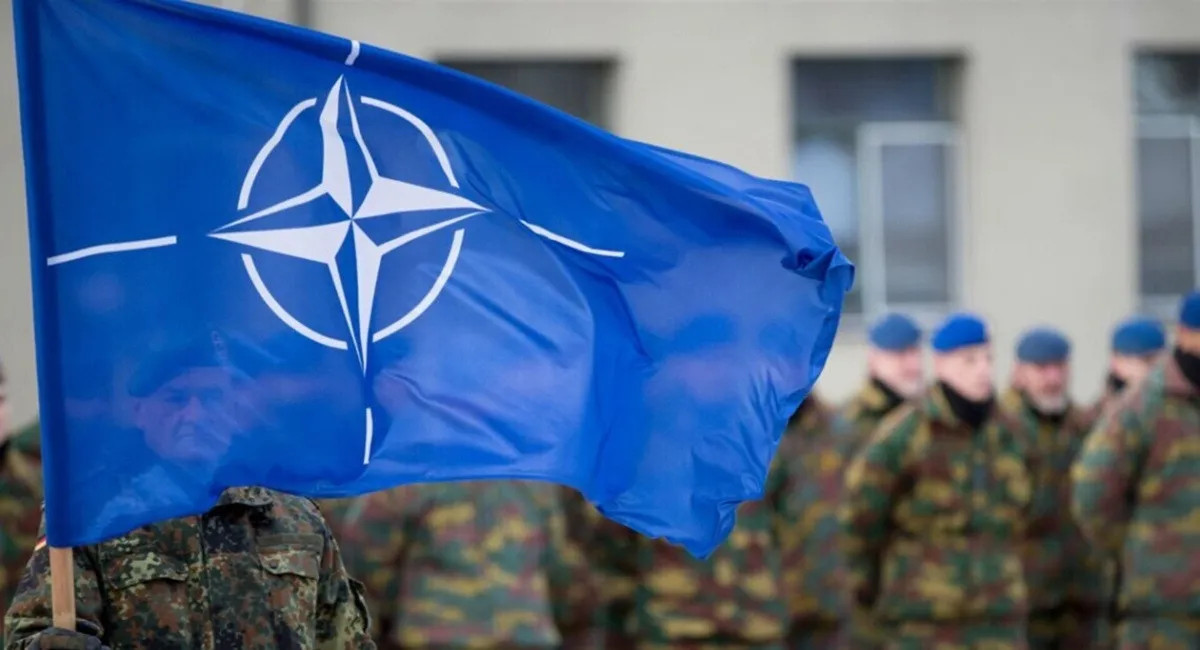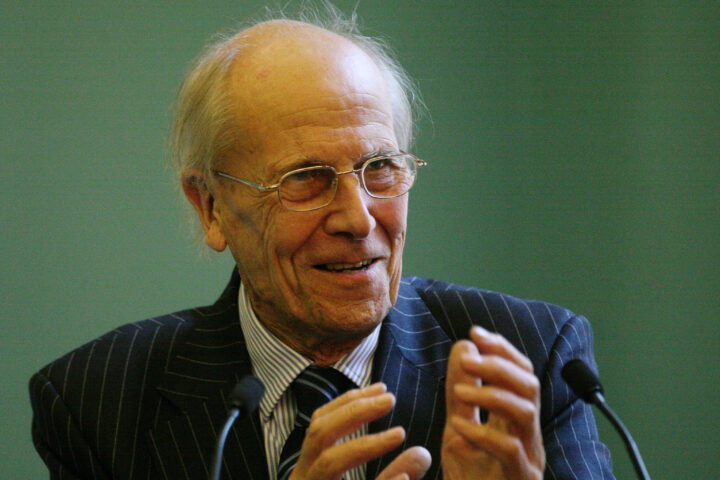On August 27, 2025, US Treasury Secretary Scott Bessent urged Western allies not to confiscate frozen Russian assets, arguing they should be preserved as a “negotiating instrument” in any future settlement of the war. He said the assets could later be used to finance Ukraine’s reconstruction, but warned that immediate confiscation would deprive the West of leverage over the Kremlin.
Dispute over $300 billion in frozen funds
The debate over more than $300 billion in frozen Russian assets held in the United States and Europe has become a central point of friction among allies. Ukraine, along with several Eastern European states, has consistently demanded that these funds be immediately seized and redirected to rebuild the war-torn country. By contrast, Washington and Brussels often voice concerns about potential legal consequences and the risk of undermining confidence in the Western financial system. Bessent’s position reflects this cautious line, framing the funds as a tool for potential talks rather than as immediate reparations.
Kyiv and allies demand reparations, not leverage
Critics argue that leaving the assets untouched signals weakness and effectively condones impunity. Ukrainian officials warn that maintaining the freeze without confiscation gives the Kremlin hope of recovering funds through political deals, encouraging it to prolong the war. For Kyiv, every day of hesitation is costly: while Ukrainian cities endure constant strikes and billions are spent on defense, hundreds of billions of Russian state reserves remain as “dead capital” in Western banks.
Concerns about global trust and precedent
Supporters of confiscation also reject the claim that seizing Russian assets would damage the global financial system. They argue the opposite: failure to act decisively undermines trust in international law by showing that a state can launch a war of aggression and still safeguard its assets abroad. Legal experts note that precedents for reparations and countermeasures exist, and using frozen Russian assets to compensate Ukraine would not break international law but reinforce it.
Pressure on US leadership within the coalition
The European Union is already developing mechanisms to channel income from frozen assets to Ukraine. If Washington continues to resist full confiscation, it risks ceding leadership in the international coalition supporting Kyiv. Analysts warn that in this critical moment the White House may appear less as a driving force and more as an obstacle to a united response.
Values at stake in the asset debate
Beyond legal and financial arguments, the dispute has become a moral test. Ukrainian officials stress that each dollar confiscated from Russian assets could mean a rebuilt school, hospital, or city destroyed by war. Conversely, every dollar left in Western banks represents humiliation for the victims of aggression. For critics of the Treasury’s stance, preserving the assets as bargaining chips places the aggressor’s interests above the rights of those who suffered from its actions.














